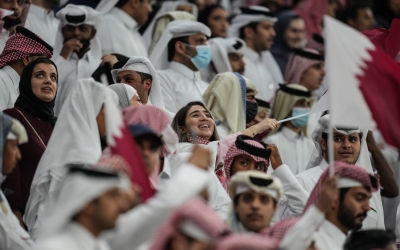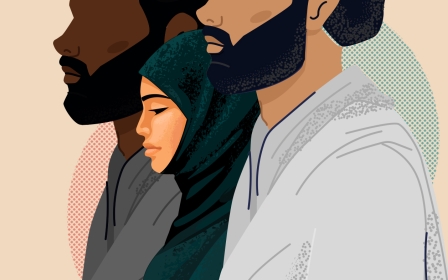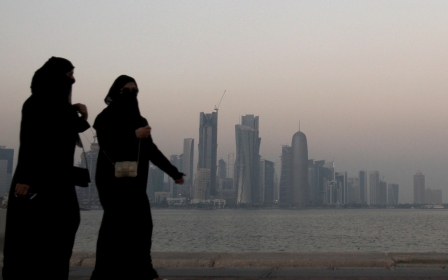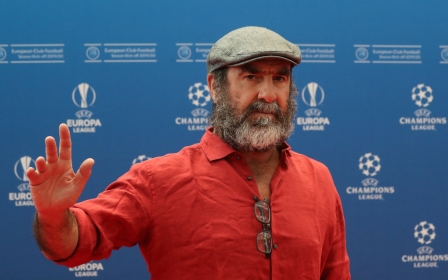Qatar World Cup whistleblower conviction 'flawed', rights groups say
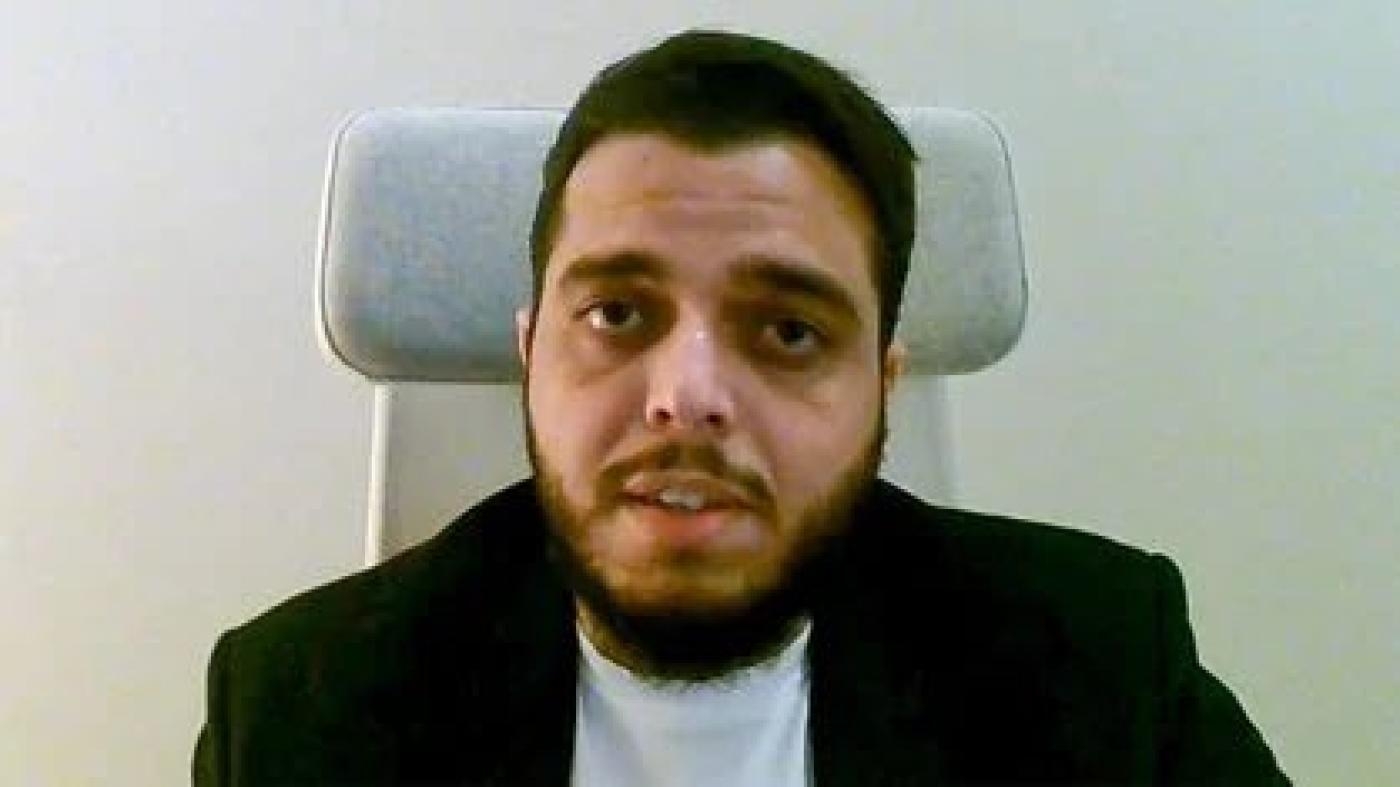
Rights groups are calling on Qatari authorities and football’s governing body Fifa to ensure a fair trial for a World Cup organising committee whistleblower whose case is heading to Qatar’s Court of Cassation, after seeing what they say is flawed evidence from his most recent appeal.
Abdullah Ibhais, a former employee at the 2022 Supreme Committee for Delivery and Legacy, was arrested in November 2019 and sentenced to jail last April over allegations of bribery and misuse of funds.
Ibhais has previously claimed that he was being persecuted for criticising the handling of a strike by migrant workers in Qatar in August 2019.
Qatari authorities upheld his conviction on 15 December, though it reduced the sentence from five to three years.
Analysis of the appeal judgement, which was made available in January, revealed that there were serious violations of Ibhais’s right to a fair trial, Human Rights Watch (HRW) and Fair Square said in a joint report on Wednesday.
New MEE newsletter: Jerusalem Dispatch
Sign up to get the latest insights and analysis on Israel-Palestine, alongside Turkey Unpacked and other MEE newsletters
The rights groups said that the appeal court's judgement relied on evidence against the employee that was obtained from a confession which he later retracted in court.
Ibhais has stated that his confession was extracted under coercion by interrogators, who said that he would face serious state security charges if he did not admit to the accusations of misuse of state funds and bribery.
The court of appeal's judgement refused an order to investigate the allegations of coercion, confirming that it was satisfied that Ibhais’s confession was given freely and consciously.
His family told the rights groups that he planned to appeal his conviction at the Court of Cassation on the basis of a tainted confession.
'Flawed judgement'
The appeal court had also refused a request from the whistleblower’s lawyer to demand that the prosecution present voice notes, video recordings and Whatsapp messages that the Supreme Committee claims incriminate Ibhais.
The alleged evidence has never been made public or been considered in court, according to HRW and Fair Square.
“While it is Abdullah Ibhais who has been on trial, it is the Qatari justice system that should be scrutinised following such flawed judgments,” said Michael Page, deputy Middle East director at Human Rights Watch.
“The Qatari justice system is responsible for protecting the rights not just of Ibhais, but of thousands of people connected with the World Cup.”
Last month, Middle East Eye travelled to Doha to report on Qatar’s preparations for the tournament.
MEE found that large swathes of the capital remained under construction, with migrant labourers working hard to meet fast-approaching deadlines.
Foreign workers painted a mixed picture of life in Qatar. Some said that labour reforms enacted by the government, such as reducing the number of working hours during summer months, had benefited them.
However, several workers said they were still facing exploitation from employers, and were afraid to utilise the complaints systems out of fear of impacting their visa status.
Middle East Eye delivers independent and unrivalled coverage and analysis of the Middle East, North Africa and beyond. To learn more about republishing this content and the associated fees, please fill out this form. More about MEE can be found here.


